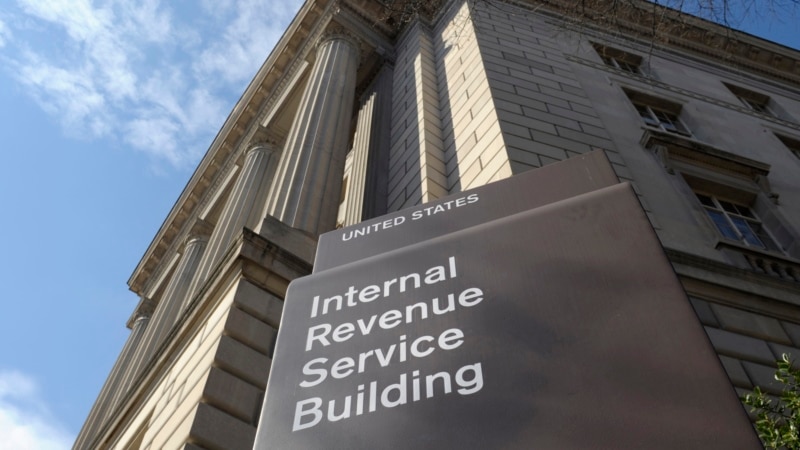A former contractor for the U.S. Internal Revenue Service was sentenced by a judge on Monday to five years in prison on Monday for leaking the tax records of former President Donald Trump and thousands of other wealthy Americans to media organizations.
Charles Littlejohn, 38, in October had pleaded guilty to a charge of disclosing income tax return information without authorization.
U.S. District Judge Ana Reyes decided on his sentence.
Federal prosecutors had sought a five-year sentence, the maximum allowed under U.S. law, arguing that Littlejohn was motivated by a political agenda and compromised the security of sensitive personal information. Littlejohn, according to prosecutors, sought a position at a consulting firm that works with the IRS in 2017 in hopes of accessing and disclosing records on Trump, who was president at the time.
Littlejohn’s lawyers said he was motivated by a “deep, moral belief” that the public had a right to know the information he shared, but now regrets his actions. Littlejohn’s legal team did not request a specific sentence, but sought a punishment comparable to prior government leakers.
Littlejohn secretly downloaded years of Trump’s tax records in 2018, later sharing them with reporters from the New York Times, according to court documents. The newspaper published a series of articles in 2020 revealing that Trump paid no income tax in 10 of the 15 years before he was elected president.
Trump became the first major U.S. presidential candidate in decades not to release his tax returns when he ran for the White House in 2016. A U.S. House of Representatives panel released six years of his tax records in 2022 after a court battle.
Littlejohn later leaked tax information on “ultra-high net worth taxpayers” to the investigative news outlet ProPublica. He was motivated by concerns about economic inequality and wanted to spur reforms to the U.S. tax system, his defense team wrote in court documents.
ProPublica published nearly 50 articles based on the information, revealing how the wealthy evade income taxes in the United States.
The nearly 6,000 pages of records released by the House panel in 2022 included more than 2,700 pages of personal returns from Trump and his wife Melania Trump, plus more than 3,000 pages of returns from his businesses. They showed that Trump’s income and tax liability fluctuated dramatically from 2015 through 2020 and that he and his wife claimed large deductions and losses, and paid little or no income tax in several of those years.

